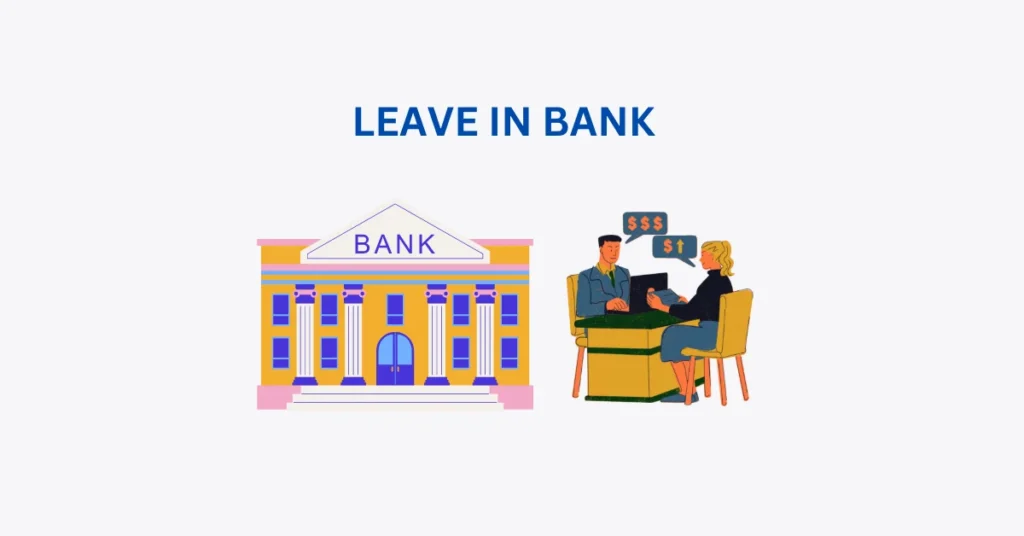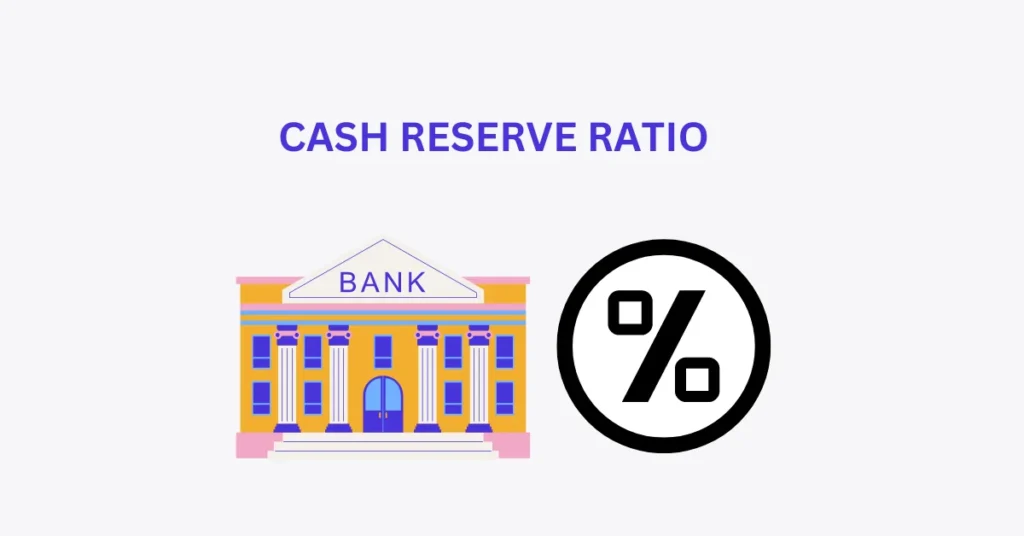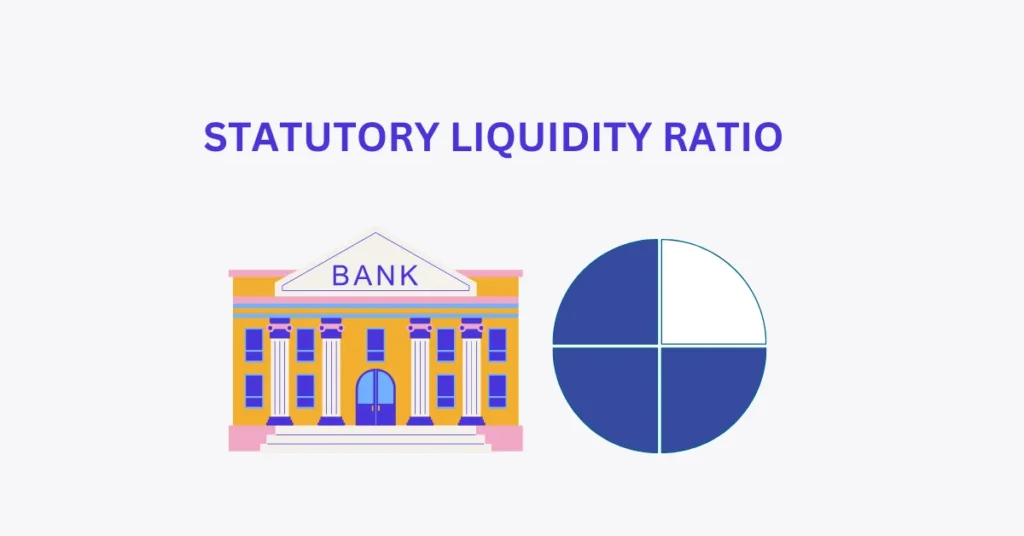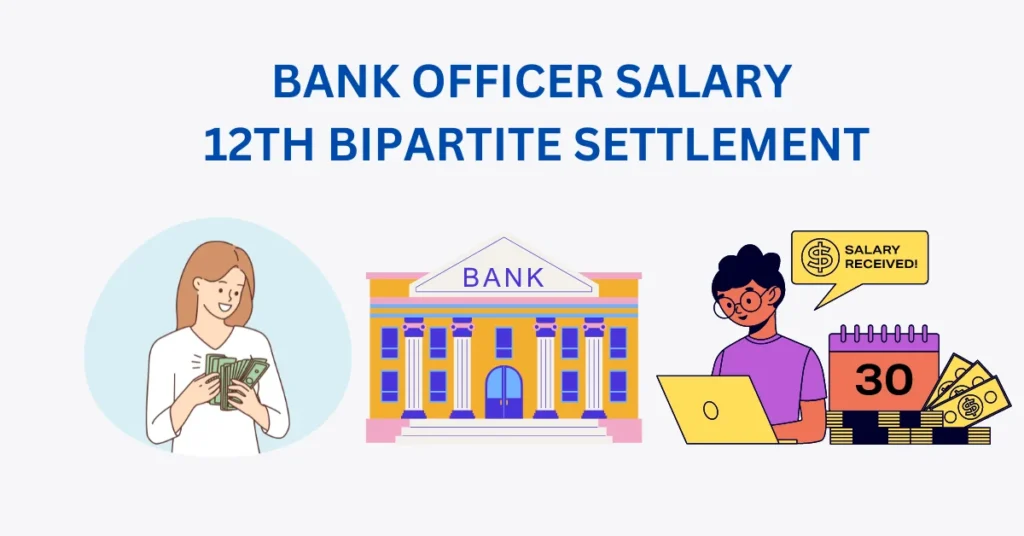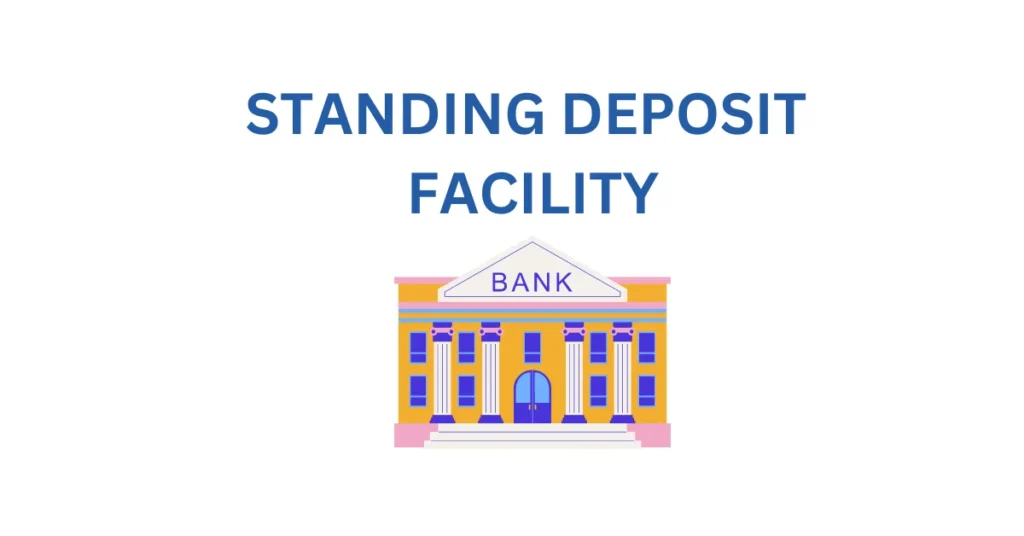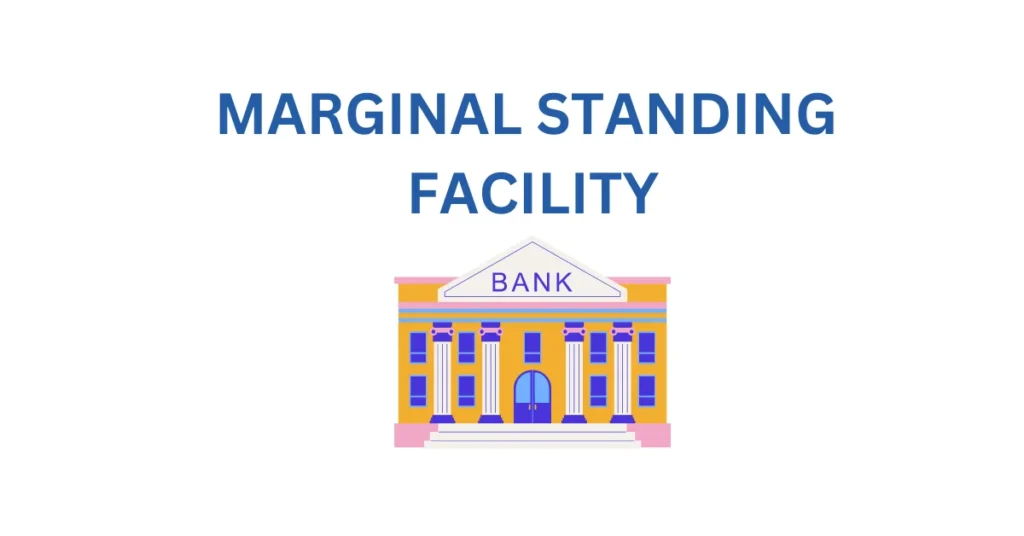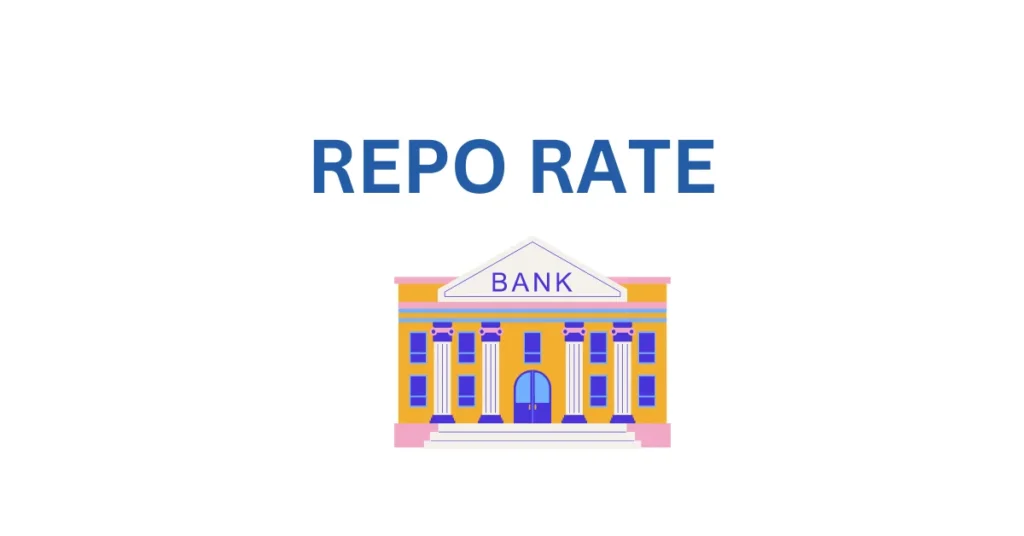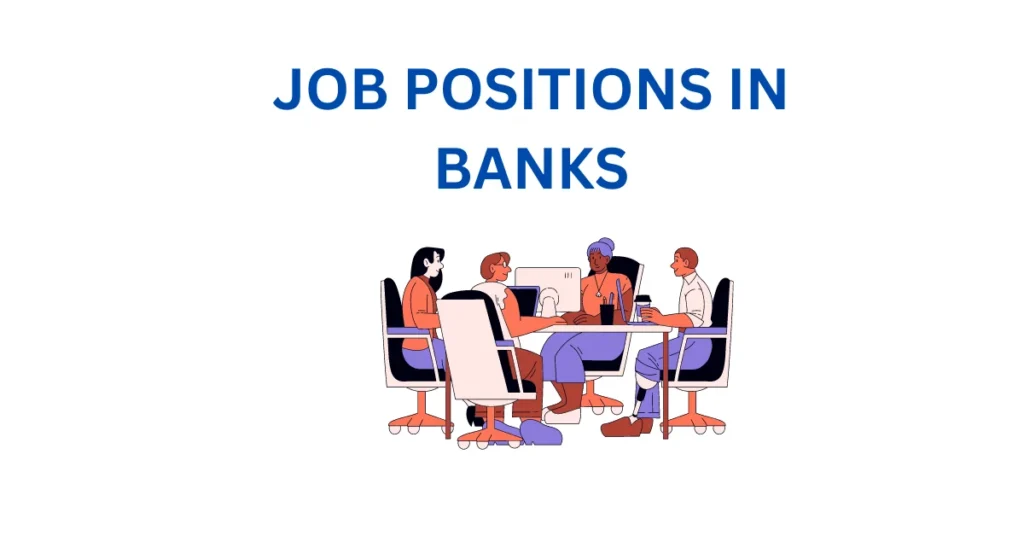BANKING CASE STUDY 1
Mr. Kumar is maintaining a savings bank account, which shows a credit balance of ₹10,000 as of 01.01.2023.
You receive a cheque of ₹10,000 issued by Mr. Kumar for clearing.
How will you handle this cheque?
Answer:
The bank will make the payment if there is sufficient balance in the account and the cheque is in proper order when presented by a third party.
However, if the cheque is presented by Mr. Kumar himself at the counter, the bank may refuse to make the payment if doing so would violate the minimum balance requirement.
The minimum balance requirement is an internal agreement between the account holder (drawer) and the bank (drawee).
As per Section 31 of the Negotiable Instruments Act, the bank is obligated to honour the cheque if there is sufficient balance in the account and the cheque is presented by a third party.
If the cheque is presented by the account holder himself at the counter, the bank can decline the payment and advise the account holder to maintain the minimum balance as required by the bank’s rules.
BANKING CASE STUDY 2
Mr. Ramesh has a savings account with a balance of ₹8,000 as of 15.02.2024.
A cheque for ₹12,000, issued by Mr. Ramesh, is presented for clearing by a third party.
How will you handle this cheque?
Answer:
The bank will not make the payment since there are not enough funds in the account to cover the cheque amount.
If the account holder (Mr. Ramesh) does not maintain sufficient balance, the cheque will be returned unpaid due to insufficient funds.
According to Section 31 of the Negotiable Instruments Act, the bank is only required to honor a cheque if there are enough funds in the account.
If the cheque bounces, the third party will be informed, and Mr. Ramesh may also face charges for non-sufficient funds (NSF) as per the bank’s policies.
To avoid such situations, account holders should ensure their account balance is sufficient to cover any issued cheques.
BANKING CASE STUDY 3
Mrs. Priya has a savings account with a balance of ₹20,000 as of 10.03.2024.
She issues a post-dated cheque for ₹15,000, dated 20.03.2024.
The cheque is presented for clearing on 15.03.2024.
How will you handle this cheque?
Answer:
The bank will not process the cheque because it is post-dated.
A cheque cannot be cleared before the date written on it.
As per Section 31 of the Negotiable Instruments Act, the drawee bank is not liable to honor a cheque presented before its date.
The bank will return the cheque to the presenting party with a reason stating, “post-dated cheque.”
The cheque can only be processed on or after 20.03.2024, provided there are sufficient funds in the account.
BANKING CASE STUDY 4
Mr. Rahul has a current account with a balance of ₹25,000 as of 05.04.2024.
He issues a cheque for ₹10,000. The cheque is presented, but there is an overwriting in the amount.
How will you handle this cheque?
Answer:
The bank will return the cheque unpaid due to overwriting.
Cheques must be free from alterations or overwriting to ensure authenticity and avoid disputes.
As per banking norms and the Negotiable Instruments Act, any cheque with overwriting is considered invalid unless the drawer authorizes the change with their signature next to the correction. The bank will inform Mr. Rahul to reissue a proper cheque.
BANKING CASE STUDY 5
Ms. Anjali has a joint account with her spouse. The account has a balance of ₹50,000 as of 01.05.2024.
A cheque for ₹30,000, signed only by Ms. Anjali, is presented for clearing.
How will you handle this cheque?
Answer:
The bank will check the account mandate to determine the signing authority.
If the mandate requires both account holders to sign for transactions, the cheque will be returned unpaid due to missing authorization.
However, if the mandate allows either account holder to sign individually, the bank will honor the cheque as long as the account has sufficient funds, and the cheque is otherwise valid.
BANKING CASE STUDY 6
Mr. Arjun has a savings account with a balance of ₹5,000 as of 12.06.2024.
He deposits a cheque for ₹20,000, which is credited to his account on 14.06.2024.
On 15.06.2024, he issues a cheque for ₹18,000, which is presented for clearing.
How will you handle this cheque?
Answer:
The bank will check if the deposited cheque has been cleared, and the funds are available.
If the cheque is still under clearing and the ₹20,000 is not yet credited as available balance, the ₹18,000 cheque cannot be honoured.
As per banking norms, only cleared funds are considered available for transactions.
If the cheque is returned due to insufficient funds, Mr. Arjun may also face charges for cheque dishonor.
BANKING CASE STUDY 7
Mrs. Meena has a savings account with a balance of ₹30,000 as of 01.07.2024.
She issues two cheques: one for ₹20,000 and another for ₹15,000, both presented for clearing on the same day.
How will you handle these cheques?
Answer:
The bank will process the cheques in the order they are received.
If the ₹20,000 cheque is processed first, the account balance will reduce to ₹10,000, and the ₹15,000 cheque will be returned unpaid due to insufficient funds.
If the ₹15,000 cheque is processed first, the account balance will reduce to ₹15,000, and the ₹20,000 cheque will then be returned for the same reason.
The drawer must ensure their account has enough funds to cover all issued cheques to avoid dishonor charges.
